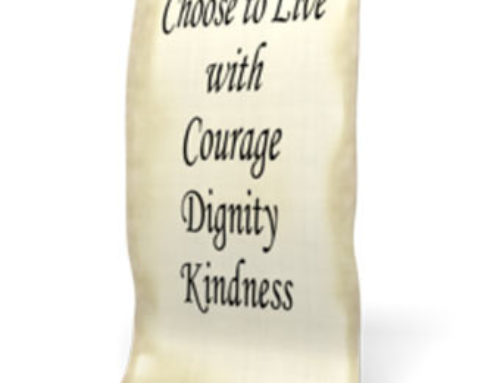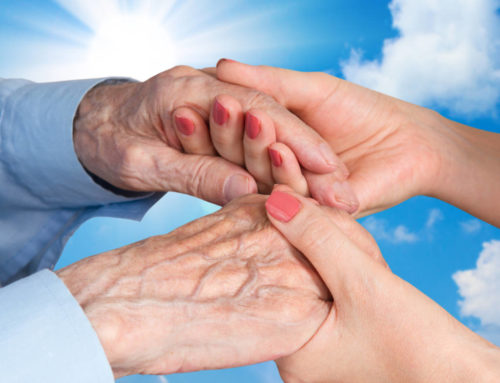How to Stay in Your Own Shoes
 Have you ever wondered if you are caring or codependent? The line for most caregivers can get blurry, but there is actually a very clear distinction between the two.
Have you ever wondered if you are caring or codependent? The line for most caregivers can get blurry, but there is actually a very clear distinction between the two.
I first heard the term codependent when I was going through a nasty divorce in the early 1990’s. I went to see a counselor, and I rambled on and on about how each of my children and soon-to-be ex-husband were feeling. I wanted the counselor to tell me how I could make everything okay for all of them. She listened patiently for quite some time, and then she said, “You need get in your own shoes and stay in them!”
I didn’t understand, so I asked her to explain. She said “You are so wrapped up in worrying about everyone else’s feelings, needs and wants that you don’t have any idea of where your own feelings begin or end.” She went on to tell me that I should deal with my own emotions and let my kids and ex-husband deal with theirs.
I was flabbergasted, and when I said, “But my husband will get so angry!” She said, “So let him be angry. You aren’t responsible for his feelings.”
The idea that it wasn’t my responsibility to make everything okay for everyone else was radical. It took a while before I could accept that there was a big difference between caring about other people’s feelings and trying to control them. It also took some effort to get used to the idea that my wants and needs mattered as much as anyone else’s.
My counselor told me to buy the book, “Codependent No More: How to Stop Controlling Others and Start Caring for Yourself” by Melody Beattie.
I’ve read “Codependent No More” a number of times, and I’ve given it to several friends. If you think you might be codependent, do yourself a favor and buy the book today!
I think the biggest adjustment for a lot of caregivers is accepting that it is not our responsibility to make everyone else happy or comfortable. We don’t even have to keep the peace. If we need to do something to care for ourselves, and that makes someone else sad or mad, we have to be okay with that.
Warning – They aren’t going to like it. If your care receiver, family members or friends have used anger and guilt to control your behavior in the past, they are going to pull out the big guns when you decide to stand up for yourself.
Here are three steps that might help you stop sacrificing what you want in order to prevent others from getting upset:
1. Get in your own shoes: Figure out how you feel and what you need.
2. Stay in your own shoes: Let other people deal with their own emotions.
3. Stick with it: Changing a pattern of behavior takes practice. If you have bullies or guilt-trippers in your life, they are not going to like it when you stop playing by their rules. They will get upset. Let them. You don’t need to mean, but you will need to be firm.
I know this can be hard, but if you can allow yourself let go of feeling responsible for other people’s feelings, I bet like me, you’ll feel like you’ve been let out of prison.
***
You might also want to watch these videos: Managing Caregiver Anger




